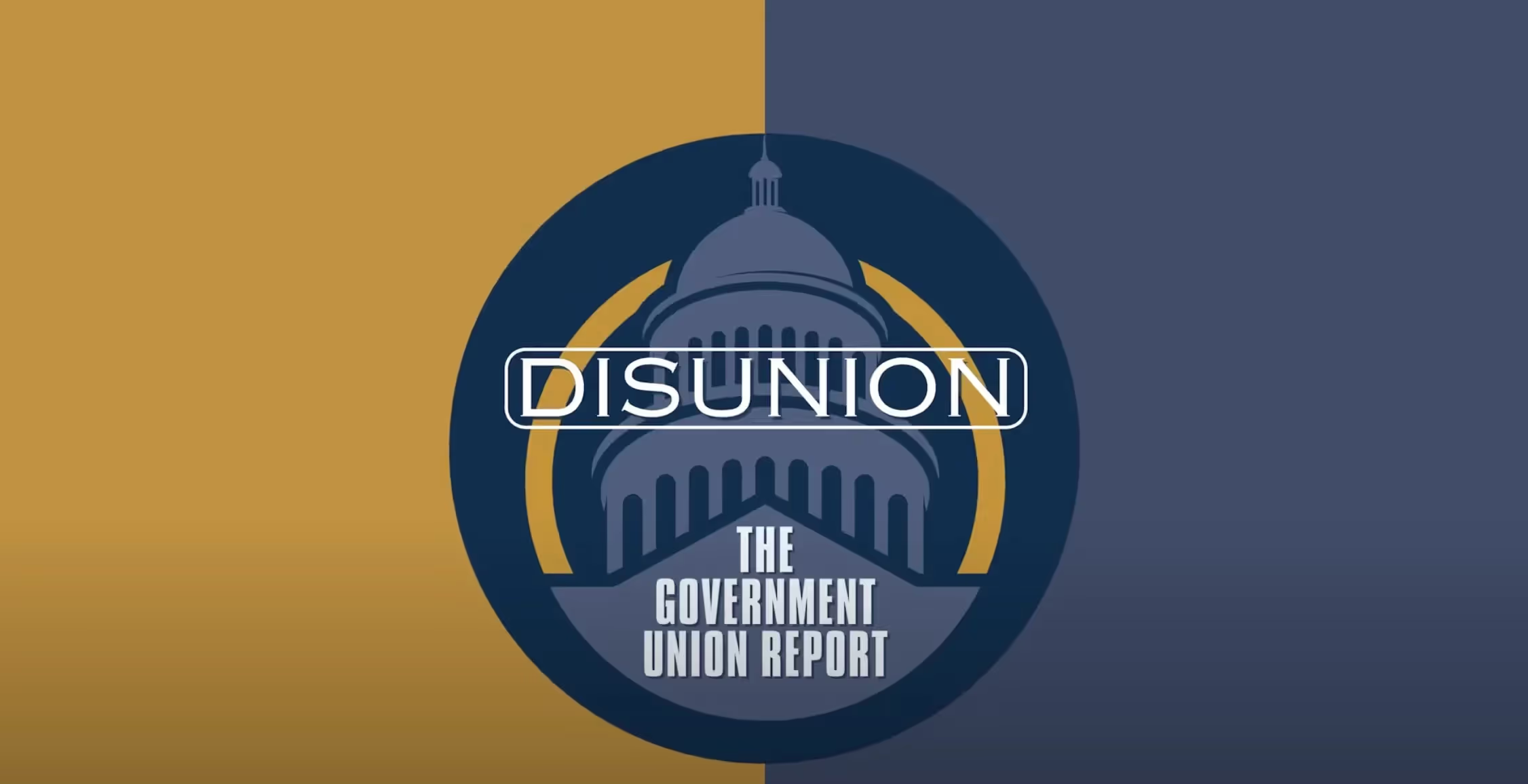
Locked Out of the Dream: Regulation Making Homes Unaffordable Around the World
The first in a two-part series on the global housing crisis.
Next to inflation, Americans ranked housing as their top financial worry in a Gallup survey last May. It’s only gotten worse. January home sales were down 5% from last year’s dismal numbers. Record numbers of first-time buyers are stuck on the sidelines as housing affordability stands at the lowest level ever recorded, while one in three Americans now spend over 30% of their income on mortgage or rent.
The housing crisis is not just an American problem, but a global phenomenon that hits the middle and working classes the hardest. Studies of the Canadian, British, European, and East Asian markets have also found that housing prices have risen far faster than household incomes and inflation. A report from the Organisation for Economic Co-operation and Development concluded that “housing has been the main driver of rising middle-class expenditure.” In prosperous and communitarian Switzerland, Zurich studios sell for well over $1 million, and small houses even more, making downpayments unaffordable to affluent people despite the overwhelming financial advantages to homeowners.
Underlying the plight of home buyers worldwide is a sometimes overlooked but profound influence – the spread of restrictive land-use regulations. It’s reshaping political and economic alignments in ways that may further destabilize the social order. Home ownership is strongly correlated with positive social indicators, and as renting grows twice as quickly as buying, this trend poses a threat to Western democracy by deepening economic inequality, depressing demographic vitality, and undermining the upward mobility that has driven Western progress for the past century.
Economic Dynamism

The Causal Effect of News on Inflation Expectations
This paper studies the response of household inflation expectations to television news coverage of inflation.
.avif)
The Rise of Inflation Targeting
This paper discusses the interactions between politics and economic ideas leading to the adoption of inflation targeting in the United States.

The Housing Crisis
Soaring housing costs are driving young people towards socialism—only dispersed development and expanded property ownership can preserve liberal democracy.
.jpeg)
America Needs a Transcontinental Railroad
A proposed merger of Union Pacific and Norfolk Southern would foster efficiencies, but opponents say the deal would kill competition.

Trump's Troubling Economic Turn
How far will current economic regulations go in the Trump White House?

The Poverty of Vanceonomics
At the core of Vanceonomics is a preferential option for government intervention.





.jpg)

.jpg)







